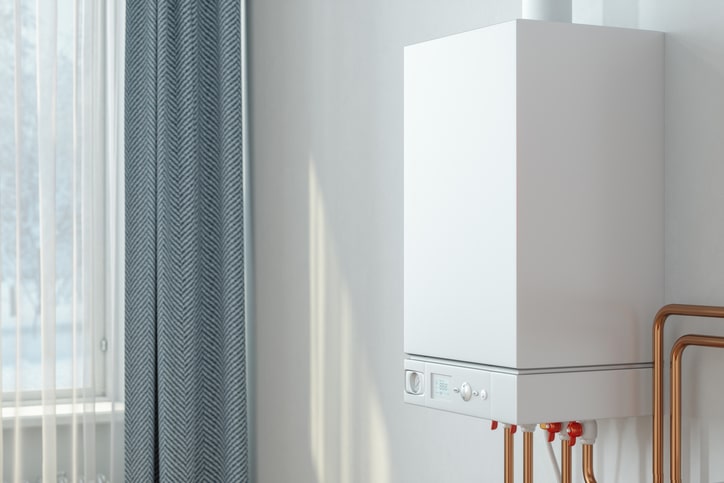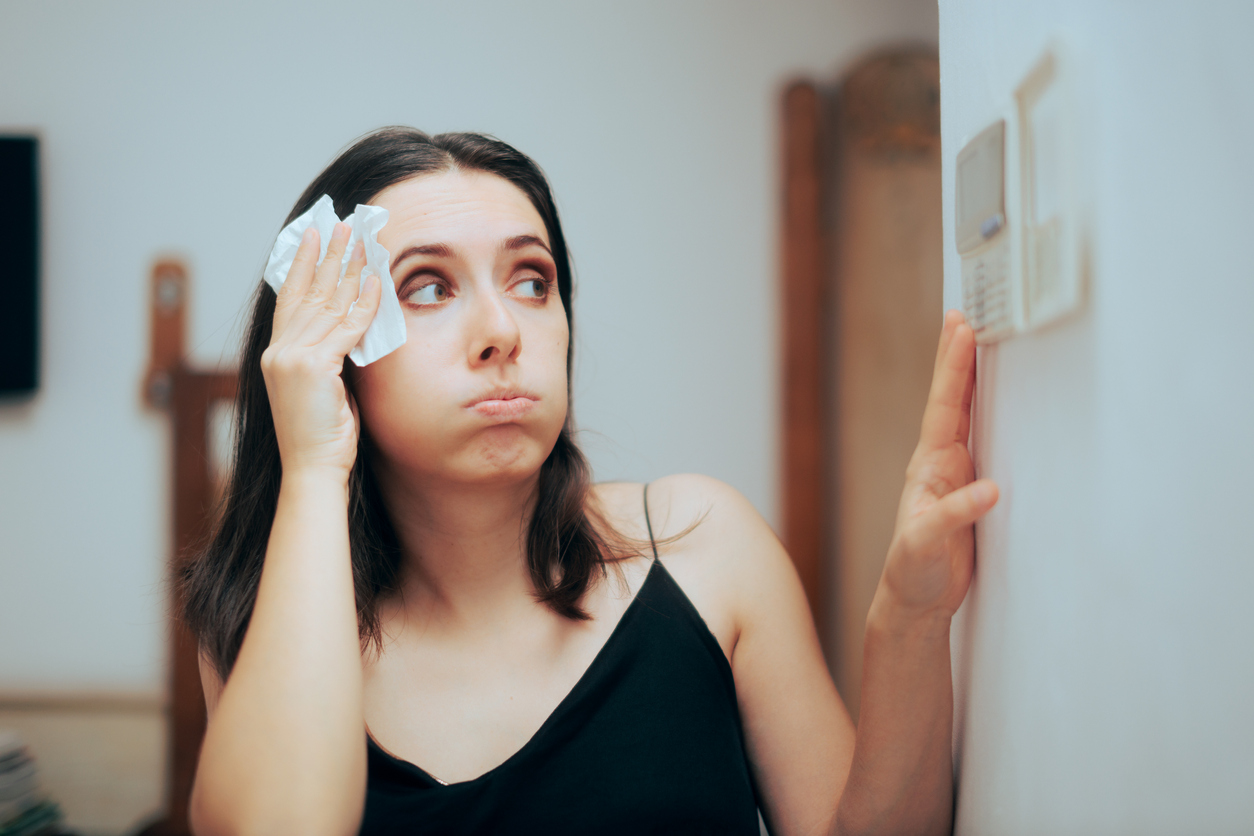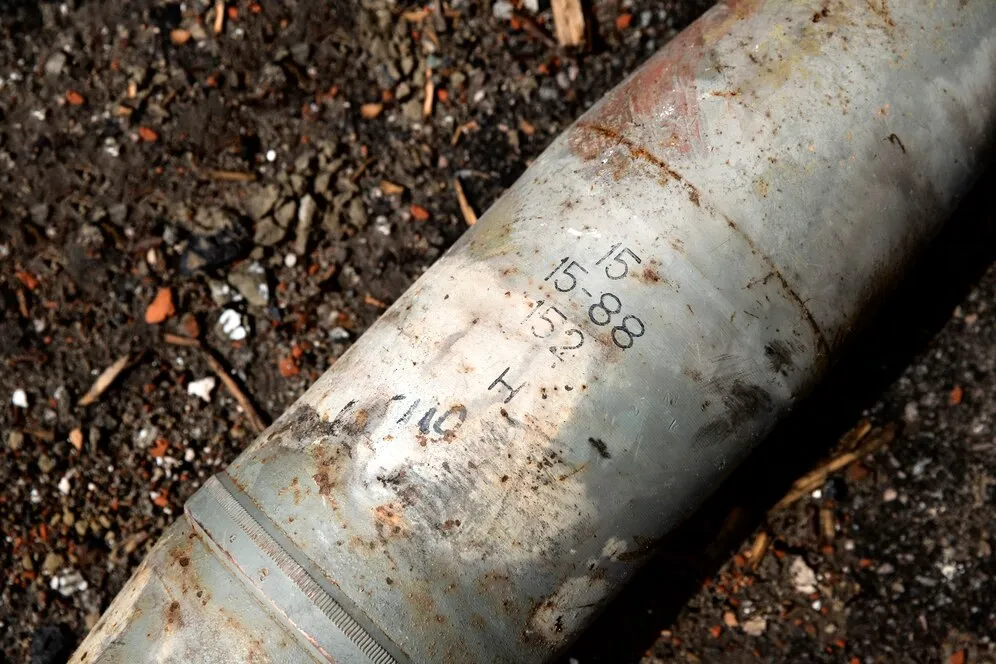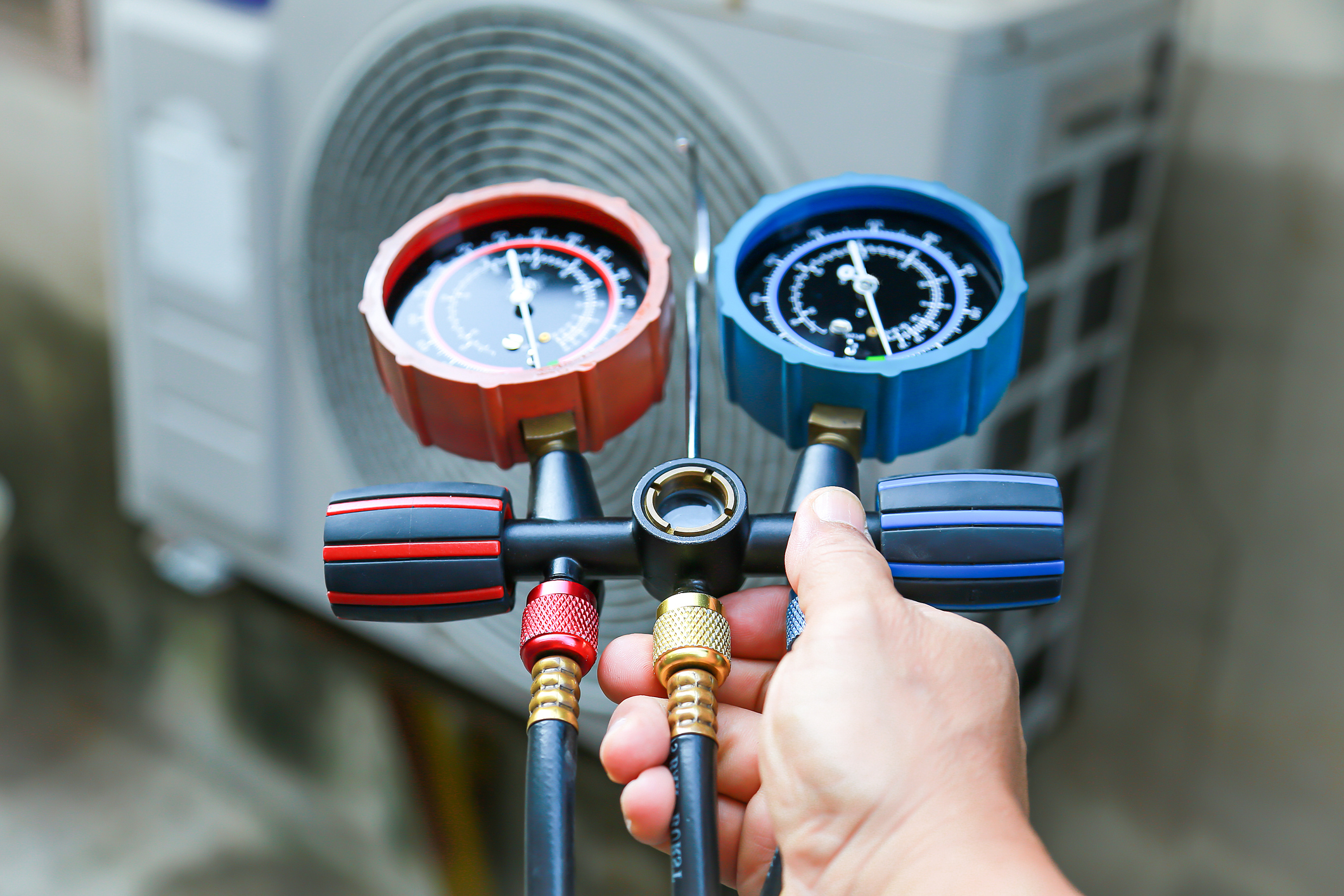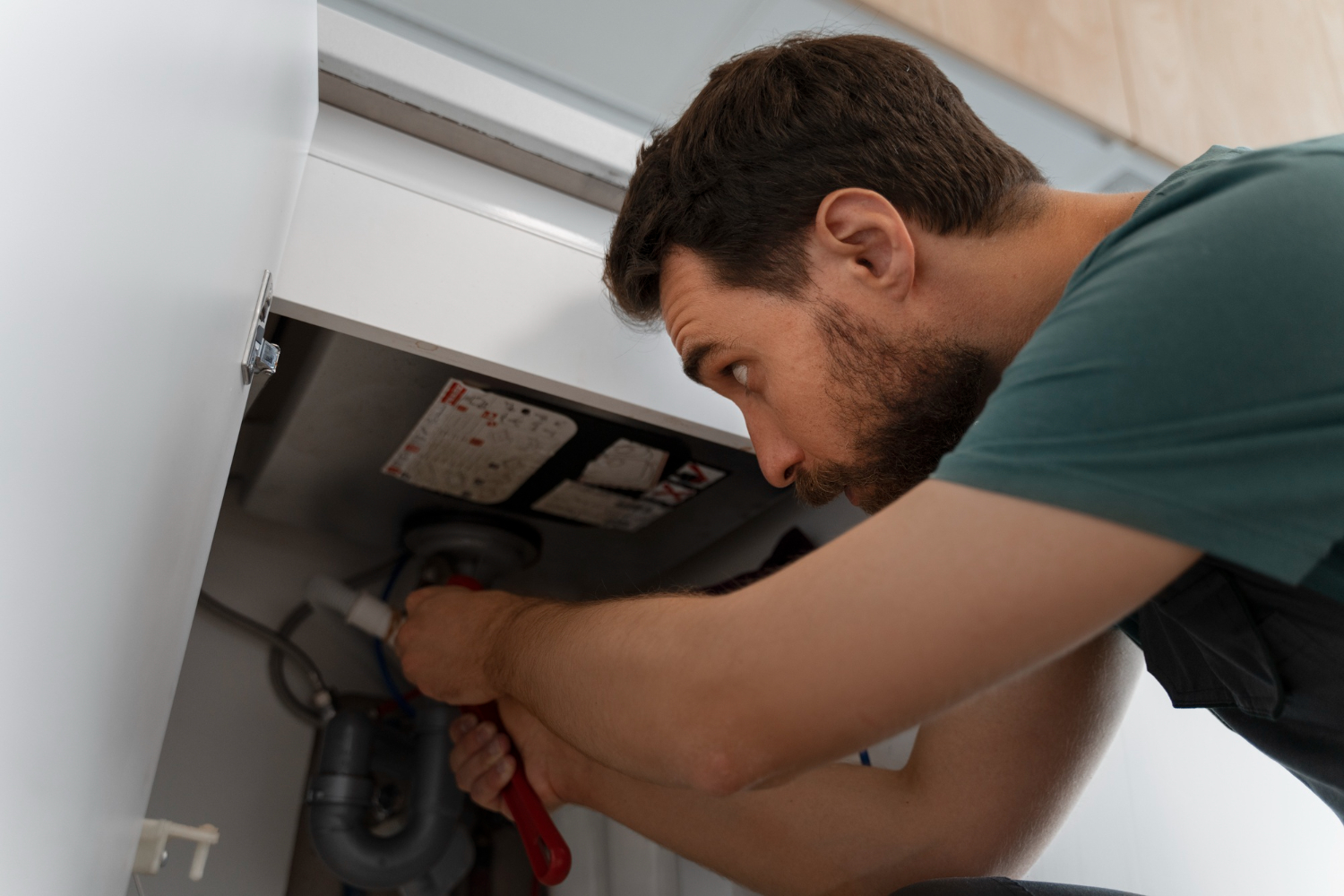November 10, 2020
Did you know that your water heater has to work 20% harder during the winter than it does throughout the rest of the year? Hopefully, your system is ready for the lower temperatures that are coming. The truth is that while the water heater is an essential piece of plumbing and heating equipment for almost every homeowner, most people know very little about this device, or its service needs. Keep reading for the top five water heater FAQs and the answers you need to know, courtesy of our home comfort experts at EnviroSafe Plumbing, Heating, Air Conditioning, Water Treatment.
Our 5 Most Asked Questions About Water Heaters:
- How Many Types Of Water Heaters Are There? : Basically, there are two types of water heaters—traditional tank water heaters and tankless systems. Within these two categories, there are subsets based on fuel types, i.e. gas-powered water heaters versus electric water heaters. However, the fundamental difference when selecting a water heater is deciding whether you want a unit that stores and heats your water in a tank versus one that uses a gas heater or electric heating element to warm up your water as it moves through the pipe.
- What Is The Best Kind Of Water Heater? : The answer to this question is largely dependent on your specific needs. Traditional water heaters remain popular because they are inexpensive to install and do not cost very much to repair if something goes wrong. Tankless systems, on the other hand, despite being more costly upfront, are far more energy-efficient. Because tankless heaters don’t re-heat water in your tank over and over again, they can save you a lot of money on your utility bill. While these systems can be expensive to fix if a problem occurs, they breakdown rarely, and are easy to access because of their small size. Most importantly, however, tankless systems have the advantage of being able to provide a constant supply of hot water on-demand.
- Are Bigger Water Heaters Better? : Again, this question depends largely on the needs of the homeowner. Having a water heater that is too big for your home can waste unnecessary energy, but installing one that is too small will pretty much guarantee your water will never feel warm enough. As a rule of thumb, smaller homes, with occupants of just one or two people, generally can get away with a tank that holds roughly 23-36 gallons of water. Households with between three and five residents, meanwhile, will require a water heater tank that holds at least 56 gallons, if not more. And if you have a big family/and or live in a house with five-plus people, you will probably need a water tank that holds roughly 80 gallons at a time. With tankless systems, capacity is not based on size (again, all these systems are fairly small) but on flow rate. For smaller homes with fewer people, you do not need a system with a high GPM (gallons per minute) rating. The more people in your house and the larger that house is, however, the greater your GPM will need to be. Traditionally, tankless systems were not built to accommodate large households, where multiple people may be running the taps at the same time. Fortunately, due to recent advances in technology, tankless water heaters are becoming a solid option for smaller homes, too.
- When Is It Time To Replace My Water Heater? : The average tank water heater can last 10-15 years with regular repairs and maintenance, while most tankless systems can survive for up to 20 years. If you do not know how old your water heater is, you can usually find out by looking up the serial number, which should be located somewhere on the unit. In addition to age, common signs that it’s time to upgrade your water heater include leaks, strange noises or smells coming from the system, muddy or discolored water, rising energy bills, and an inability to provide the consistent hot water you need.
- How Do I Increase My Water Heater’s Lifespan? : The best way to ensure your water functions at peak performance throughout the winter months and lasts for years to come is to call for regular water heater tune-ups. This may include standard maintenance, such as flushing out the tank to get rid of sediment build-up (assuming you have a traditional water heater) to more serious repairs, such as fixing mechanical issues. In addition, it is a good idea to periodically check your anode rod, which is the component that reduces bacteria and rust in the tank. Replace your anode rod when it has worn down to help your water stay clean and help your water heater function more efficiently. If you live in an area with hard, minerally water, you may also benefit from installing a whole-home water treatment system, thereby reducing the negative effects that hard water has on your tank.
For all your answers to questions about water heaters and more, call EnviroSafe Plumbing, Heating, Air Conditioning, Water Treatment today at (856) 208-5108, or click here to contact us online.

